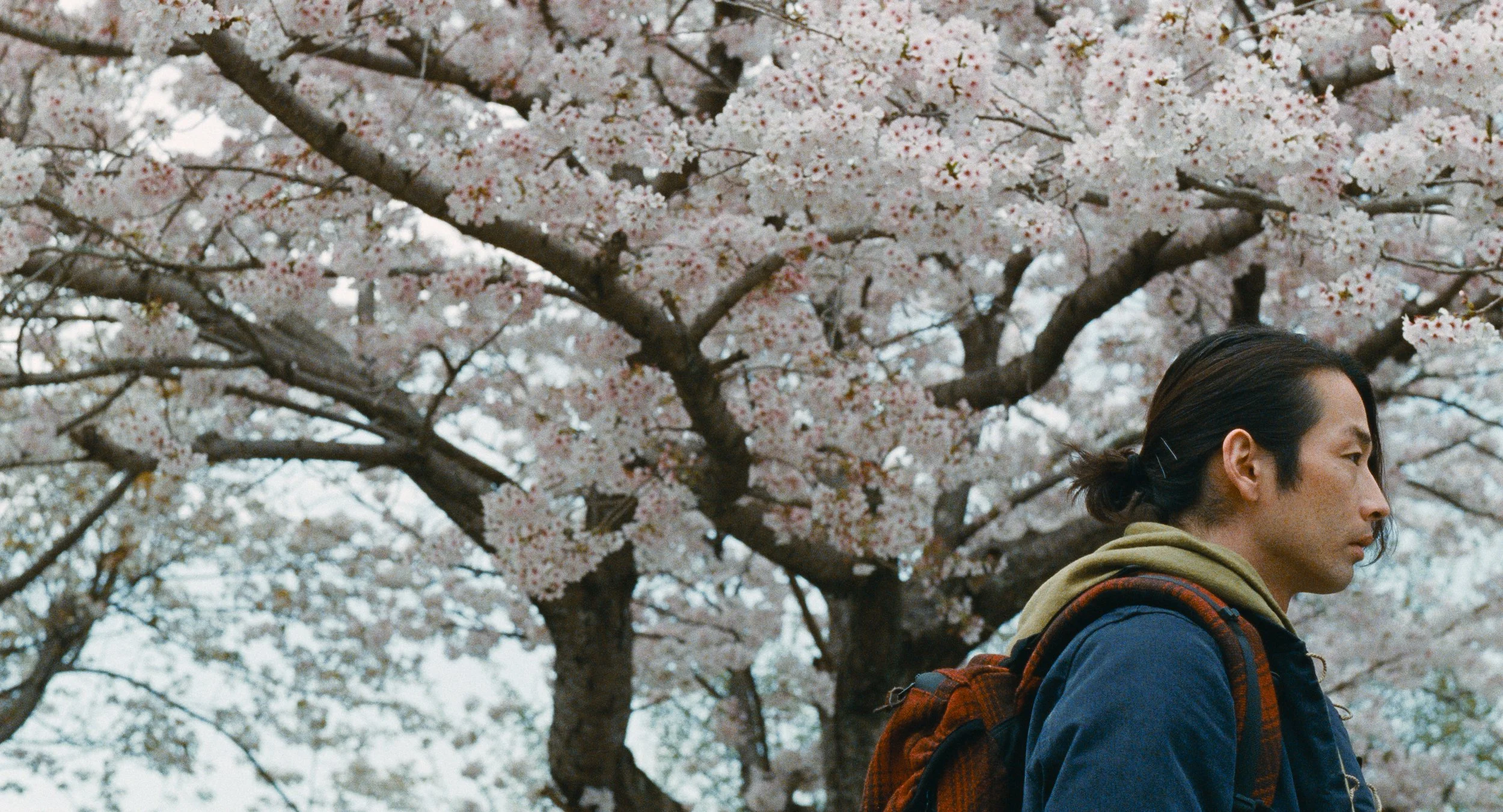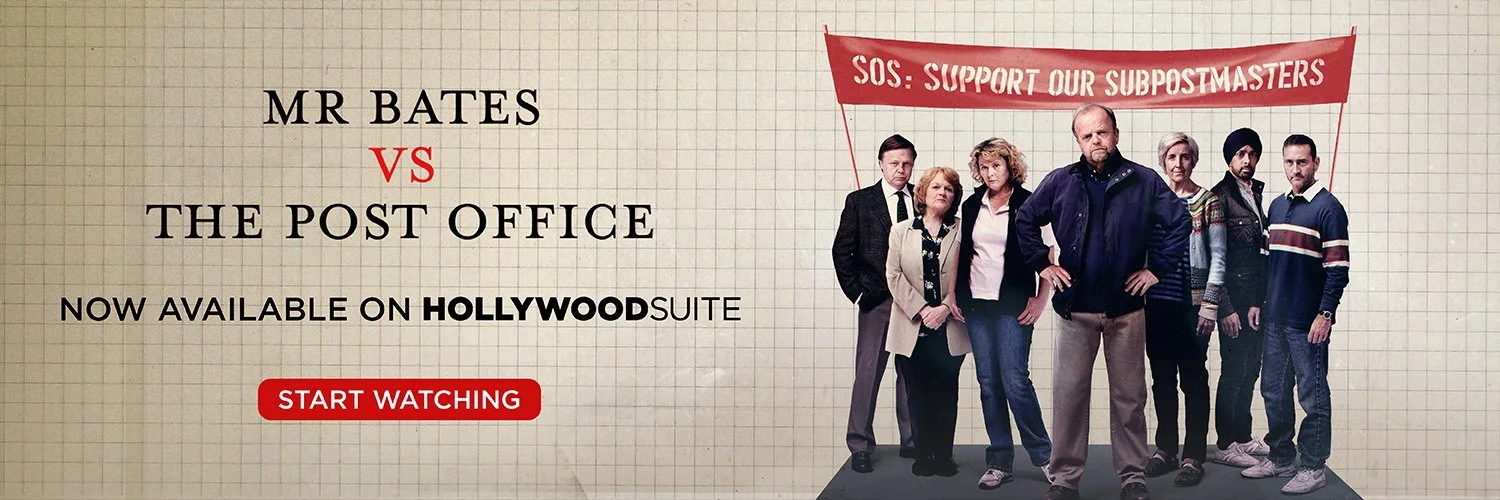Toronto Japanese Film Festival: Samurai, Thrills, Tofu and A Social Mirror
By Liam Lacey
The Toronto Japanese Film Festival, running June 6 to 20, opens this week with the samurai film Don’t Lose Your Head! It’s a comic take on a Japanese historical event from the early 18th century, about a group of rogue samurai who sought vengeance for the death of their master by attacking the court official responsible for his ritual suicide.
Great Absence
The episode has been the subject of plays, an opera, a half-dozen Japanese films and two Western box office bombs — 2013’s 47 Ronin with Keanu Reeves and 2015 Last Knights with Clive Owen and Morgan Freeman — all of which failed to see its funny side.
Don’t Lose Your Head! begins where the usual story ends, with the two families at odds and both leaders dead. But what if the assassinated court official had an incompetent younger brother who could impersonate him and avoid the wrath of the shogun? Judging by the trailer, some major mugging and hilarity ensue.
For animation fans, there’s Hayao Miyazaki Oscar-winning film, The Boy and The Heron – Special Edition. The fantasy, set during the Second World War, features an introduction from composer Joe Hisaishi and a drawing session with animation director Takeshi Honda on June 9 at 1 pm. Also, there’s The Klutzy Witch, a kid-friendly cartoon, based on a popular book series with a self-explanatory title.
The festival includes three documentaries: Life is Climbing, about the blind climber, Koichiro Kobayashi. He’ll be there in person, along with his sight guide Naoya Suzuki and director, Sokichi Nakahara.
Mr. Jimmy, well-reviewed at the SXSW Festival earlier this year, follows the fanatical Jimmy Page fan, guitarist Akio Sakurai, who has dedicated his life to exactly reproducing the style and sounds of the Led Zeppelin guitarist.
Toronto filmmaker Alice Shin’s Landscapes of Home tells the story of the internment of Japanese Canadians during the Second World War through the reminisces of two doctors, Henry Ryusuke Shibata, a Japanese-Canadian born in Vancouver, and Stuart Cooper Robinson, a Canadian raised in Japan, who later worked at the Japanese internment camp in the British Columbia interior.
There are also a number of popular thrillers in the mix: Revolver Lily, set in the 1920s with a female assassin taking on the Imperial Army in what The Japan Times calls “a lavish thriller that racks up the body count.”
There’s also Don’t Call It Mystery, based on a hit manga and television series, about a college student with a knack for solving mysteries who gets charged with murder. Matched (which I would vote for the concept most likely to spawn a Hollywood remake) is about a wedding planner who discovers a series of murders connected to a dating app.
Several of the non-generic domestic dramas reflect changes in Japanese society around an aging population, more women in the workplace, an increasingly public discussion around LGBTQ+ rights, and the protection of children.
Mental health in the workplace is the focus of All the Long Nights, a warm-hearted drama about the friendship between a young man with panic disorders and a young woman with debilitating pre-menstrual syndrome (a film I can’t imagine spawning a Hollywood remake).
One salient fact is that Japan has the highest proportion of old people of any country in the world. (Even the director of one of the films, Mom, Is That You? is 91-year-old Yoji Yamada, making his 90th film). Perhaps it’s no surprise that three films (Great Absence, Kanasando, Stay Mum) involve old men with dementia, while another (Takano Tofu) features an old man with coronary disease, another (Egoist) involves a young gay man taking care of his ailing mother and yet another (Tsugaru Lacquer Girl) features a grandfather in a nursing home.
Over the past couple of decades, there have been more Japanese women are in the workforce than ever before, partly due to government policy to compensate for the aging workforce. Two of the films in this year’s festival, (Kanasando, Stay Mum) feature a woman compelled to return to her rural community to care for her ailing father.
Another (The Dancing Okami) is about an aspiring tap-dancer returning to Ishikawa to become a traditional innkeeper. In Tsugaru Lacquer Girl, the young woman gives up her menial grocery store job to revive her father’s lacquer dish business. In Takano Tofu, the daughter finds a way to help her father’s artisanal tofu business succeed.
Since 2015, a couple of Tokyo prefectures officially recognized same sex “partnerships,” a sign of progressive changes in LGBTQ+ rights in Japan, and the source of more films about non-hetero couples. Tsugaru Lacquer Girl also includes a subplot about an estranged gay son and his lover, contemplating moving to London so they can marry. Egoist follows the bittersweet gay romance between a fashion editor and his personal trainer.
Several films deal with neglect or abuse of children; statistics indicate reports of child abuse have been steadily rising since monitoring began in 1990. In (Ab)normal Desire, a man is (wrongly) accused of pedophilia when he’s actually aroused by spraying water. In Missing, a six-year-old girl is kidnapped which becomes a matter of a media and social media frenzy. In Stay Mum, a woman decides to keep a boy who has lost his memory who came from an abused home.
As well as mirrors to contemporary Japanese society, these films also rework themes from Japan’s cultural history. The subject of intergenerational tensions has been a longstanding one in Japanese cinema. One of the favourite themes of Yasojiro’s Ozu (Tokyo Story) was the relationship between the aging parent and the unmarried — and therefore economically vulnerable — daughter.
The focus on child abuse and kidnapping also has a history going back to Akira Kurosawa’s 1963 film, High and Low, and parental abuse to Nagisa Oshima’s Boy, about a couple who taught their child to allow himself to be struck by cars so the parents could blackmail the drivers. Though it may seem new, queer-themed cinema in Japan has a history going back to shortly after the Second World War, documented in a popular 2020-2021 exhibition in Tokyo.
Cultural generalizations are often suspect, and there’s a distinctive quality people often find in Japanese films, evident in films such as Ryusuke Hamaguchi’s Academy Award–winning Drive My Car and many of the films of this festival. In Japanese, it’s called “mono no aware,” literally translated as “the pathos of things,” which is both a source of sadness and a reason for compassion and the appreciation of beauty. To put it more plain English: Don’t Lose Your Head! This too shall pass.
For a complete list of films and ticket information for the Toronto Japanese Film Festival visit here. Note that all films screen at Kobayashi Hall.



